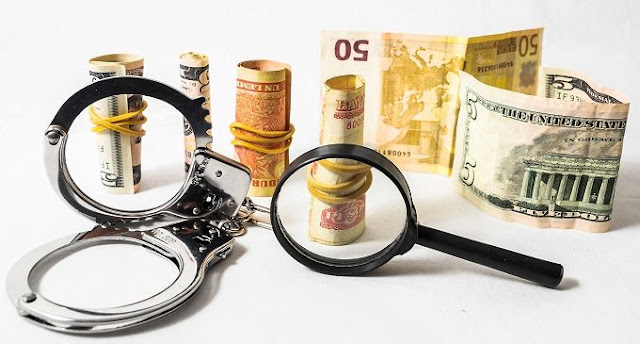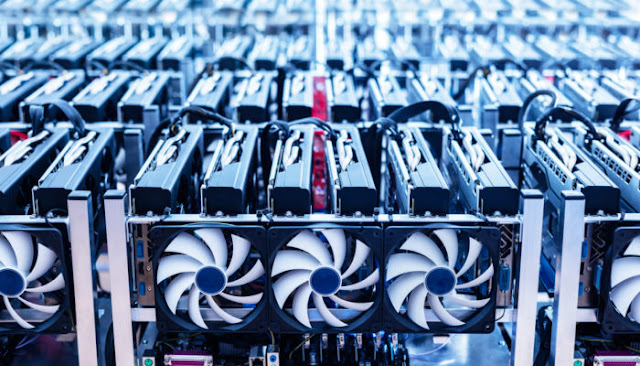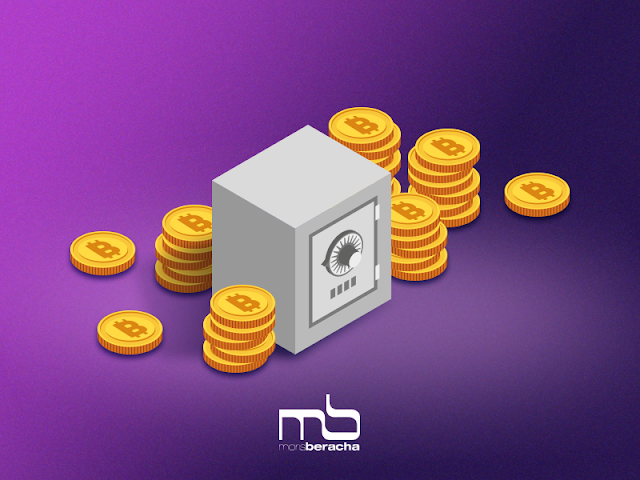Why Everyone In Crypto Is Talking About DeFi

By Jeff Kauflin A new movement is pumping oxygen into the cryptocurrency industry despite asset prices that remain 75% lower than where they were in late 2017. It’s called DeFi, short for decentralized finance—it’s the notion that crypto entrepreneurs can recreate traditional financial instruments in a decentralized architecture, outside of companies’ and governments’ control. And with fresh allegations of misused funds against the centrally controlled cryptocurrency tether, the argument for decentralized applications has become even more relevant. Bitcoin and Ethereum are the original DeFi applications. Both are controlled by large networks of computers, not central authorities. Many investors use bitcoin like gold, as a store-of-value investment that protects against inflation, while Ethereum has been instrumental—and controversial—in helping startups crowdfund their operations. But newer apps are dominating the DeFi con











